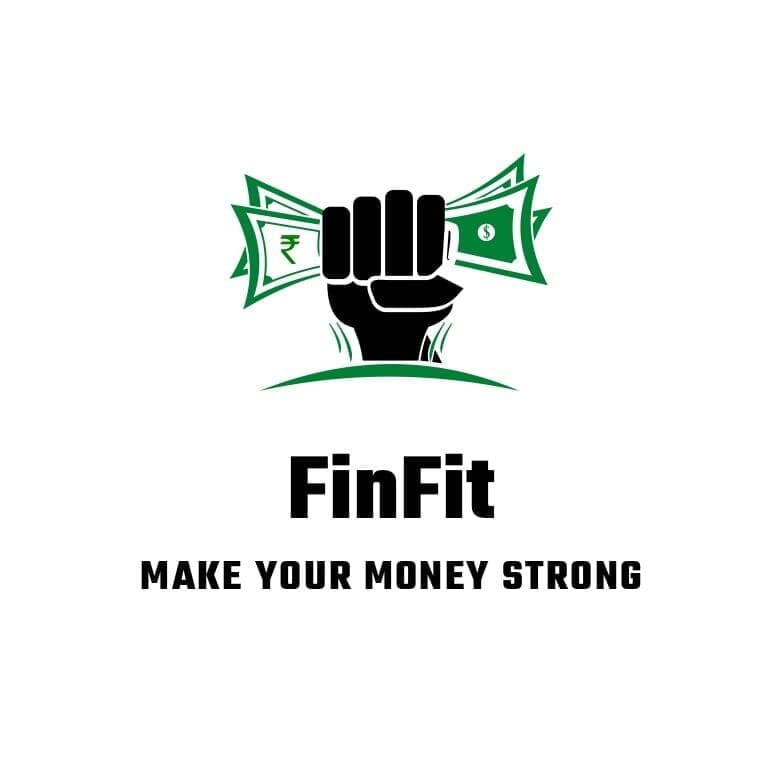How to Structure Your Business for Maximum Tax Benefits
Introduction
Choosing the right business structure is crucial for optimizing tax benefits, reducing liabilities, and ensuring compliance. Whether you’re starting a business or restructuring an existing one, understanding the tax implications of different business entity types can help you maximize tax savings. This guide explores the best business structures for tax advantages and how to choose the right one.
1. Sole Proprietorship
A sole proprietorship is the easiest business structure to set up, but it has limited tax advantages.
Pros: Simple setup, minimal paperwork, and pass-through taxation (business income is taxed at the owner’s individual rate).
Cons: No liability protection; self-employment taxes apply to all earnings.
Tax-Saving Tip: Deduct eligible business expenses such as home office costs, travel, and marketing to lower taxable income.
2. Partnership
A partnership allows two or more individuals to share ownership and profits.
Pros:Pass-through taxation prevents double taxation; profits and losses are shared among partners.
Cons: Partners are personally liable for business debts; potential conflicts over financial management.
Tax-Saving Tip: Consider a limited partnership (LP) to protect certain partners from liability while maintaining tax efficiency.
3. Limited Liability Company (LLC)
An LLC provides liability protection while offering tax flexibility.
Pros:Pass-through taxation, limited liability, and flexible profit distribution.
Cons: Some states impose additional fees and LLC taxes.
Tax-Saving Tip: Elect S-Corp taxation for potential savings on self-employment taxes.
4. S Corporation (S-Corp)
An S-Corp allows businesses to avoid double taxation while still offering liability protection.
Pros: No corporate tax; shareholders only pay taxes on distributions.
Cons: IRS regulations limit S-Corps to 100 shareholders and specific ownership restrictions.
Tax-Saving Tip: Owners can classify a portion of income as salary and the rest as distributions to lower self-employment tax liability.
5. C Corporation (C-Corp)
A C-Corp is beneficial for businesses planning significant growth and attracting investors.
Pros: Lower corporate tax rates, unlimited growth potential, and the ability to reinvest profits.
Cons: Subject to double taxation (corporate profits and shareholder dividends are taxed separately).
Tax-Saving Tip: Deduct employee salaries, benefits, and reinvested earnings to reduce taxable income.
6. Nonprofit Organization
A nonprofit can obtain tax-exempt status under IRS 501(c)(3) or similar provisions.
Pros: Exemption from federal income tax, eligibility for grants and tax-deductible donations.
Cons: Strict compliance requirements, profit restrictions.
Tax-Saving Tip: Ensure all revenue aligns with the nonprofit’s mission to maintain tax-exempt status.
How to Choose the Right Business Structure
To determine the best business structure for tax savings, consider:
Tax liability: Which structure minimizes your tax burden?
Legal protection: Do you need personal liability protection?
Growth potential: Will you seek investors or expand internationally?
Compliance requirements: Can you manage additional paperwork and regulations?
Conclusion
The right business structure impacts your tax obligations, deductions, and long-term financial success. Consulting a tax professional or business accountant can help you choose the best entity to reduce tax liability, maximize savings, and ensure compliance. Optimize your structure today for a more profitable tomorrow!
At Finfit Advisor, we prioritize the success of our partners by ensuring excellent accounting services. From setup to compliance and optimization, we help you start effortlessly and maximize your growth.
Contact us at:
